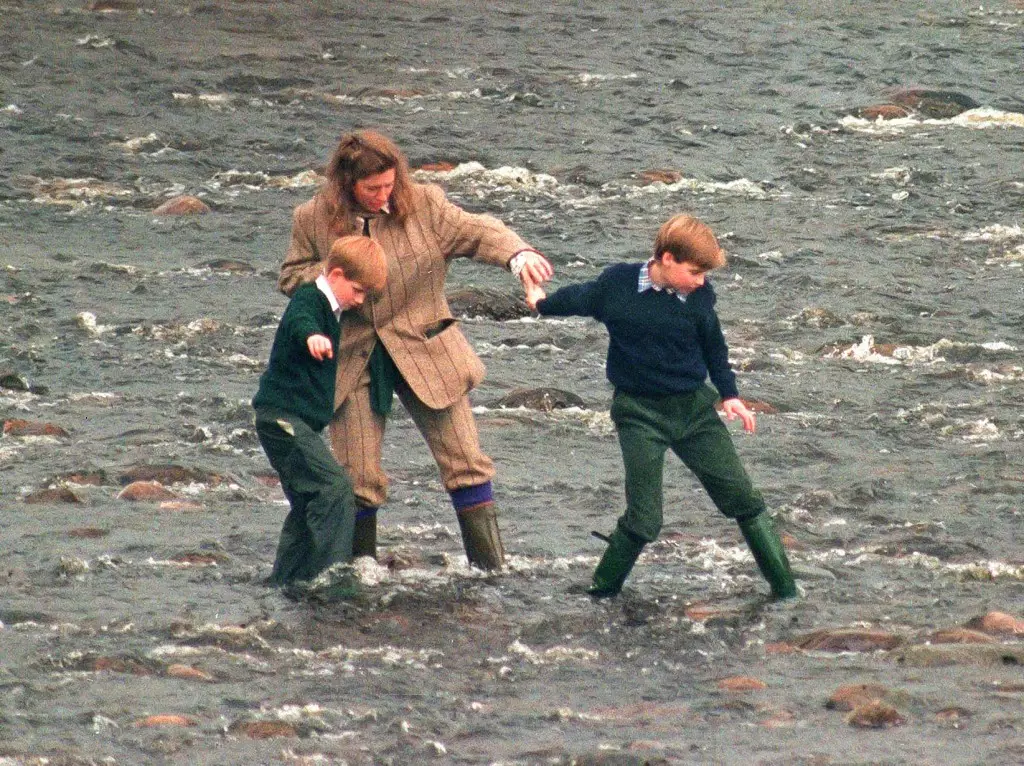The New Year’s Day tragedy in New Orleans left the world reeling, especially for those with personal connections to the victim, Edward Pettifer. The news of his death at just 31 years old, amidst the chaos of a vehicle attack, struck a particularly poignant chord when it came to the British royal family. King Charles III expressed profound sadness at the loss of Pettifer, whose mother is the former nanny of Princes William and Harry, known affectionately as “Tiggy.” This incident serves as a stark reminder that even amid celebrations, life can take devastating turns, impacting not just the immediate victims but also a wider array of friends, family, and connected societies.
On January 1st, the typically vibrant atmosphere of Bourbon Street in New Orleans was shattered when a pick-up truck, driven by an Army veteran, careened into a crowd of people, leaving 14 people dead and injuring at least 38. Events of this nature create shockwaves that reverberate far beyond the scene of the tragedy; they disrupt lives, invoke fear, and lead to an intense examination of safety and mental health issues within communities. After hitting pedestrians, the assailant exited his vehicle and engaged in a gunfight with responding officers, further escalating an already horrific situation. This man’s actions not only transformed a festive celebration into a nightmare but also brought the issue of gun violence back into the national conversation, particularly in the context of mental health among returning veterans.
In the aftermath of Edward Pettifer’s tragic death, his family released a heartfelt tribute, commemorating him as “a wonderful son, brother, grandson, nephew, and friend.” Such tributes are vital; they foster community support and acknowledgment during times of unimaginable loss. As King Charles reached out to the Pettifer family to extend his condolences, the royal connection added an element of poignancy to the narrative. It serves as a reminder that grief does not discriminate; it reaches across social and economic boundaries, reminding everyone of our shared humanity.
With the confirmation that Princes William and Harry have been informed of the news, it becomes evident that the ramifications of this tragedy stretch into the realm of royal emotions and responsibilities. However, it is notable that Prince Harry has chosen not to comment publicly on the event. This decision reflects a deeper truth about grief: everyone copes in their own way, and for some, silence offers a pathway to processing trauma. The royal family’s relationship with the Pettifer family provides a unique glimpse into how interconnected lives can be, reinforcing the reality that tragedy affects us all.
The events that unfolded in New Orleans reveal the fragility of life and the far-reaching consequences of violence. Edward Pettifer’s legacy, rooted in love and family, will now push those grieving towards reflection, healing, and perhaps, advocacy for change in a world that is often marred by sudden tragedies.

Leave a Reply